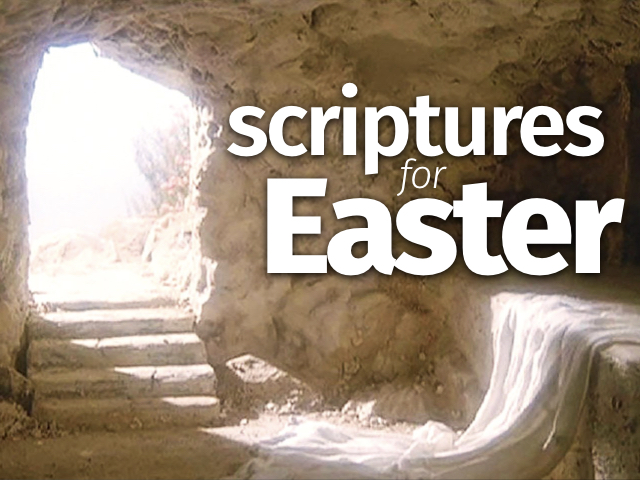
Luke 24.28-35.
Last week I wrote about Jesus meeting two of his followers enroute to Emmaus; most likely Emmaus Nicopolis, and most likely the followers were Jesus’s uncle Cleopas and cousin Simon. They didn’t recognize him, partly ’cause they were almost certain he was dead, partly ’cause he was unrecognizable; either veiled, or resurrection had changed what he looked like. If he now had white hair Rv 1.14 instead of the more common black, he might look very different.
They told him they expected Jesus the Nazarene to be Israel’s redeemer, but he was arrested and crucified. Lk 24.19-21 He told them Messiah was supposed to go through these things, and explained how the scriptures said so. Lk 24.26-27 They had a nice long walk ahead of them, so he had a few hours to go into great detail, although Luke doesn’t get into that. But after they reached Emmaus, this happened.
- Luke 24.28-35 KWL
- 28 They come near the village where they’re going,
- and Jesus makes like he’s going to go on further.
- 29 The students force Jesus to come with them, saying,
- “Stay with us, for it’s near evening and the day’s already over.”
- So he goes into the village and stays with them.
- 30 It happens while Jesus reclines with the students at dinner:
- Taking the bread, he blesses it, breaks it, and gives it to them.
- 31 The students’ eyes are opened, and they recognize Jesus
- —and he becomes invisible to them.
- 32 The students tell one another, “Weren’t our hearts burning within us
- when he was speaking to us on the road?
- when he was opening up the scriptures to us?”
- 33 Rising up that same hour, the students return to Jerusalem.
- They find the Eleven and those with them, having gathered together,
- 34 and are saying this: “The Master is risen indeed,
- and appeared to Simon!”
- 35 The students are telling the other students
- what happened on the road,
- and when they recognized Jesus in the breaking of bread.
Every once in a while, some Christian balks at when Jesus προσεποιήσατο πορρώτερον πορεύεσθαι/prosepiísato porróteron porévesthe, “makes like he’s going to go on further,” which also gets translated as “acted” or “pretended” or “gave the impression.” They don’t like the idea Jesus behaved as if he was gonna do one thing, when really he was gonna do another. It strikes them as deceptive.
First of all, why wasn’t Jesus gonna go further? You recall in Matthew the angels, and soon after Jesus himself, told the women, “Tell the boys I’ll see them in the Galilee”? Mt 28.7, 10 He might’ve been headed for the Galilee right then for all we know.
But circumstances change. The students παρεβιάσαντο αὐτὸν/pareviásanto aftón, “force him” (or “urge him,” or “compel him”) to come home with them, and he changed his mind. You do realize Jesus can change his mind, right? He doesn’t have a foreordained cosmic plan which he’s obligated to rigidly, deterministically follow. If he did… then yeah, making like he’s going on without them when he really predestined they’d invite him to stay with them, is pure deception on his part. And every single other instance in the bible in which God changes his mind—in which Moses, David, Hezekiah, Ezekiel, Amos, and dozens of other folks talk him out of doing what he totally just said he was gonna do—is playacting. Pretense. Or to use the ancient Greek word for it, ὑπόκρισις/ypókrisis, from which we get our word hypocrisy.
I should also add Jesus has every right to test his followers; to tell them he’s gonna do one thing, but what he’s hoping is they’ll talk him out of it so he doesn’t have to do that. Just like when the LORD told the Hebrews that if they didn’t follow his Law, they’d be cursed. He didn’t wanna curse them! He didn’t wanna do any of that stuff to them. He wanted ’em to repent! But they failed his test. And if Jesus was just testing his students, to see whether they’d invite him into town, they passed—but he wasn’t kidding about going onwards. If they didn’t invite him into town, he’d just go somewhere else. (In fact, when he vanishes on them in verse 31, that might be where he vanished to; either way, that’s where he was going.)


